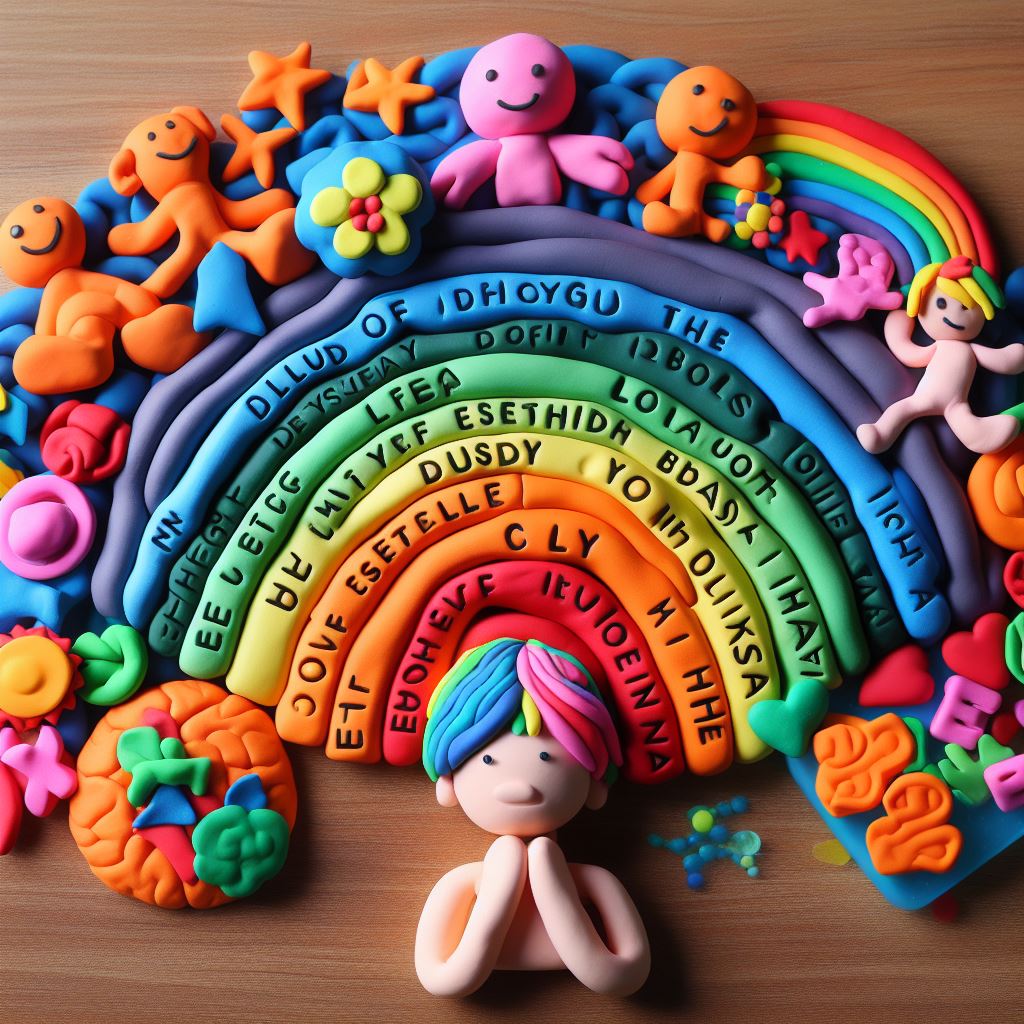Since 2018, Dyslexie Font has collaborated with the HOI Foundation to organize the Dutch Week of Dyslexia every first week of October. Our aim is to alter perceptions of neurodiversity and dyslexia by providing information to dyslexic individuals, parents, children, teachers, and businesses.
DO I HAVE DYSLEXIA
Understanding the Signs
Despite its prevalence, misconceptions about dyslexia persist, with many individuals unsure whether they are affected by it. Here, we delve into common questions surrounding dyslexia to shed light on its symptoms, effects, and avenues for seeking assistance.
UNDERSTANDING DYSLEXIA
Firstly, it's essential to recognize that dyslexia is not indicative of one's intelligence. Rather, it pertains to difficulties in processing language, particularly in the realms of reading and writing. Individuals with dyslexia may exhibit discrepancies in their reading levels compared to their peers, despite possessing normal intelligence.
IDENTIFYING SYMPTOMS
Recognizing dyslexia involves understanding its symptoms, which can manifest differently in each individual. Some prevalent indicators include:

HEREDITARY NATURE OF DYSLEXIA
It's important to note that dyslexia often has a hereditary component. In approximately 99% of cases, one or both parents who have dyslexia may pass it on to their children. This genetic predisposition underscores the importance of early identification and intervention, particularly in families with a history of dyslexia.
SEEKING DIAGNOSIS AND SUPPORT
While online checklists and screenings can provide initial insights, a formal diagnostic assessment is crucial for accurate diagnosis. Only through professional evaluation can individuals ascertain whether their challenges stem from dyslexia. This formal diagnosis not only validates one's experiences but also paves the way for accessing tailored support and accommodations in educational and professional settings.
NAVIGATING LIFE WITH DYSLEXIA
Living with dyslexia presents unique challenges, but it's essential to recognize that with appropriate support, individuals with dyslexia can thrive. Through targeted interventions, such as specialized education programs and assistive technologies, individuals can mitigate the impact of dyslexia on their academic and professional pursuits.
CONCLUSION
In conclusion, grappling with questions surrounding dyslexia is a common experience for many individuals. By familiarizing oneself with the signs and symptoms, seeking professional evaluation, and accessing appropriate support, individuals can navigate the challenges posed by dyslexia with confidence. Remember, dyslexia does not define one's intelligence or capabilities—it's merely a hurdle to overcome on the journey to realizing one's full potential.